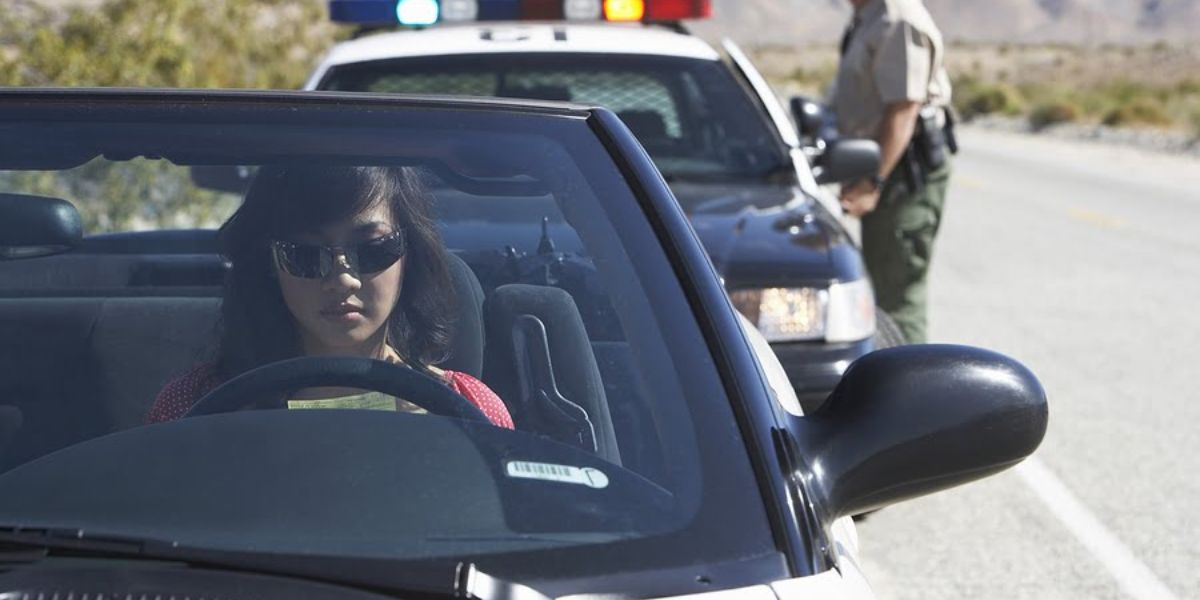MJP –
During a traffic stop, you may wonder about your rights and whether law enforcement officers can search your phone. With the increasing role of smartphones in everyday life, including texting, browsing, and social media, questions about privacy and what police can or cannot do are more relevant than ever.
In South Carolina, as in most states, the law surrounding phone searches during traffic stops is governed by both state statutes and rulings from the U.S. Supreme Court.
Here’s what you need to know about phone searches during a traffic stop in South Carolina.
The Basics of Traffic Stops and Search Rights
When you are pulled over by police in South Carolina, you are legally obligated to stop and provide the officer with requested documentation, such as your driver’s license, vehicle registration, and proof of insurance. However, this does not mean that law enforcement has the automatic right to search your vehicle or your personal belongings, including your phone, without your consent or probable cause.
The key distinction in whether an officer can search your phone is whether they have the right to do so under the Fourth Amendment of the U.S. Constitution, which protects individuals from unreasonable searches and seizures.
Can Police Search Your Phone During a Traffic Stop in South Carolina?

1. Consent-Based Searches
The most straightforward situation in which law enforcement may search your phone is if you give them permission to do so. Consent must be given voluntarily and explicitly. If an officer asks to look at your phone, and you say “yes,” they are allowed to search it. However, be mindful that you can refuse the request, and refusal alone is not enough to justify further action.
It is important to note that even if you refuse consent, the officer may still attempt to search your phone if they have legal grounds for doing so, such as probable cause or exigent circumstances (more on that below).
2. Probable Cause and Search Warrants
15 Charged in Extensive Drug Trafficking Operation Across Ohio
In most cases, law enforcement officers cannot search your phone without probable cause or a warrant. Probable cause means that an officer has a reasonable belief, based on facts or circumstances, that you are engaged in criminal activity. If an officer can demonstrate probable cause, they may be able to search your phone, but they will generally need to obtain a warrant unless there are exigent circumstances (e.g., the risk that evidence will be destroyed).
Under the Fourth Amendment, any search of your phone without a warrant is presumed to be unconstitutional unless there is an exception like consent or exigent circumstances. A warrant to search your phone is usually obtained by law enforcement through a judge, and it must specify the scope of the search, including what they are looking for.
What Are Exigent Circumstances?
Exigent circumstances refer to situations where law enforcement has a reasonable belief that waiting to get a warrant would result in harm to public safety or the destruction of evidence. For example, if police suspect that your phone contains evidence of a crime that could be deleted or altered if not immediately accessed, they may be able to search your phone without a warrant under the exigent circumstances exception.
However, these circumstances are very specific and must be supported by clear justification. The mere fact that a phone is involved in a criminal investigation does not automatically create exigent circumstances.
The Riley v. California Case: A Landmark Ruling on Phone Searches
The most significant Supreme Court case regarding searches of digital devices is Riley v. California (2014), which set an important precedent regarding cell phone searches. In Riley, the Court ruled that police generally cannot search the contents of a smartphone without a warrant, even if the phone is in plain view during an arrest or traffic stop. This ruling was a landmark decision that emphasized the importance of digital privacy in the modern age.
The Court recognized that smartphones hold vast amounts of personal information that go beyond the traditional scope of search and seizure allowed for physical objects. Therefore, the Court ruled that police must obtain a warrant before searching a phone, unless there are exceptional circumstances.
This ruling applies nationwide, including in South Carolina, meaning that unless there are exigent circumstances or you give consent, your phone cannot be searched during a routine traffic stop without a warrant.
Search of Your Vehicle and Its Impact on Phone Searches
While the law surrounding phone searches is clear, vehicle searches are a bit different. If an officer has probable cause to search your vehicle—perhaps due to evidence of criminal activity in plain sight or strong suspicion of illegal activity—they may also be able to search the contents of your car, including any electronic devices, like your phone.
However, even in the case of a vehicle search, officers must still adhere to legal limitations when it comes to searching your phone. A general search of your vehicle does not automatically grant officers permission to examine your phone’s data without a warrant.
What Should You Do If Police Ask to Search Your Phone?
If you’re ever stopped by police and asked to unlock or hand over your phone, it’s important to know your rights. Here are some general guidelines:
- Know your right to refuse consent: You can politely refuse if the officer does not have a warrant or probable cause. A simple, non-confrontational statement like, “I do not consent to a search of my phone,” is sufficient.
- Ask if they have a warrant: If the officer claims they need to search your phone for evidence, ask if they have a warrant. If they don’t, they should not be allowed to search your phone.
- Be aware of your right to remain silent: If you feel uncomfortable or unsure about what’s happening, you can invoke your right to remain silent and seek legal counsel. Remember, you have the right to remain silent during questioning.
Final Thoughts
In South Carolina, as elsewhere in the U.S., police cannot search your phone during a traffic stop without a warrant, unless you give consent or there are exigent circumstances. The Riley v. California decision reinforced the idea that smartphones contain a wealth of personal and private information, and that law enforcement needs a clear legal basis to search them.
If you find yourself in a situation where police ask to search your phone, it’s important to know your rights. Being respectful and calm while asserting your legal protections can help you navigate the situation while safeguarding your privacy.
As the law continues to evolve with technology, understanding these rights helps ensure that your constitutional protections are upheld. Always remember, if you feel your rights have been violated during a traffic stop or phone search, you have the right to seek legal advice and challenge the actions of law enforcement.




